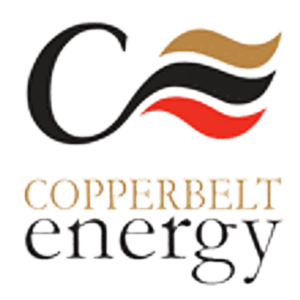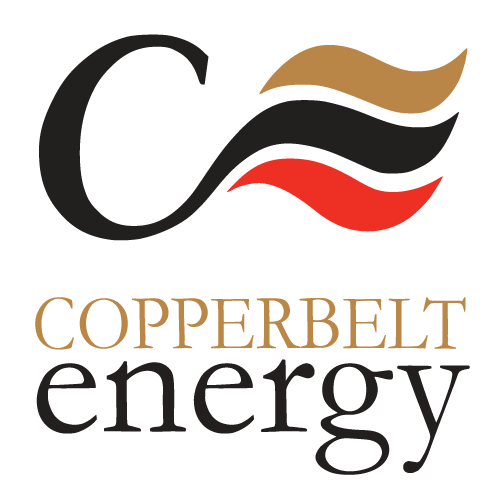The Zambian Electricity Supply Industry: the players
Every functioning electricity sector has players acting upon its different sub-sectors, whether that’s a single entity or different ones. In Zambia, the main actors are state-owned ZESCO Limited (ZESCO), Copperbelt Energy Corporation Plc (CEC), Lunsemfwa Hydro Power Company (Lunsemfwa), Itezhi Tezhi Power Corporation Limited, Ndola Energy Company Limited Ndola Energy) and Maamba Collieries Limited.
The Zambian Electricity Supply Industry (the ESI) is a regulated environment where any undertaking in electricity generation, transmission, distribution and supply must be duly licensed by the Energy Regulation Board (ERB), an independent multi-purpose regulator. Additional to licencing, the ERB conducts compliance audits and issues industry codes. It approves agreements between bilateral contracting parties and regulates the tariff setting process.
National utility, ZESCO, is presently the largest overall player in the Zambian ESI and operates in power generation, transmission and distribution as a vertically integrated entity. CEC, which currently supplies electricity to the majority of the country’s mining operations, is the largest private sector player in the transmission sub-sector and is also licenced to generate, transmit, distribute and supply electricity. In the generation sub-sector, independent and private power producers include Lunsemfwa, Maamba and Ndola Energy, whose entire capacity is offtaken by ZESCO, as well as those operating mini-hydro generating stations, such as Zengamina in North-Western Province, whose off-grid power systems cater to more localised needs.
The reader will remember from previous articles that CEC owns, maintains and operates a vast network of power transmission and distribution infrastructure covering the entire Copperbelt Province and has an embedded thermal electricity generation capacity of 80MW, which is used for emergency power supply, as an added value service to its customers, and for voltage management.
The transmission and distribution segments have two key players namely CEC and ZESCO, with CEC responsible for bulk transmission and distribution to the mines on the Copperbelt.
The Company transports (transmits) electricity for ZESCO on the Copperbelt and undertakes international wheeling or transportation of power for ZESCO and other utilities in the region, using its interconnection with the DRC. CEC co-owns the inter connector with SNEL, the DRC’s national power utility.
From the foregoing, it is evident that CEC has commercial relationships with different actors in the electricity supply industry (ESI) and importantly, that CEC and ZESCO have a synergistic and symbiotic relationship where the latter is CEC’s major supplier of power and conversely, its largest customer. By providing the domestic transportation of power earlier mentioned, ZESCO at that point, is a customer of CEC and that relationship is governed by its own commercial terms.
It is important to note here that neither entity has ever owned the other. CEC and ZESCO have always existed as two separate companies or legal establishments, fully independent of each other, with CEC having been incorporated very early in the 1950s and servicing mining companies by 1953. ZESCO was to be established later.
When the mining industry was taken under common national ownership as the Zambia Consolidated Copper Mines (ZCCM), it was ‘natural’, because of its inherent association to and relationship with mining, for CEC (then Copperbelt Power Company – CPC) for the Government of the time to make it a part of ZCCM as the Power Division, just as the previously independently existing mining entities had been made into divisions of the mining conglomerate. And even during that tenure, the relationship between ZCCM (Power Division) and ZESCO remained that of customer and supplier. The current relationship between the parties, then, is not one that came into being with the return of CEC to private ownership at the Power Division’s privatization in 1997 but has existed for years gone by.
This relationship is formalised and carried out within a legally binding contract, the terms and conditions of which have to be adhered to by each party in order for the supplier-customer objectives to be met and satisfactorily so.
The Bulk Supply Agreement (BSA) is presently the contract that governs the business relations between CEC and ZESCO covering technical, commercial and legal aspects. Obviously, because both parties are commercial entities it is important that they remain profitable to give value return to their respective shareholders, hence, adherence to contract terms is cardinal to ensure that both companies remain financially and operationally healthy and viable. The BSA also sets out specific agreed terms by the parties, governing the contractual relationships that exist between ZESCO and CEC, in relation to the mines supplied by CEC.
It is also important to note that energy is an expensive business, hence, it works well for the economy if energy infrastructure is not unnecessarily replicated. This means that if there’s a transmission line somewhere, it would not be a prudent use of financial resources for another entity to erect a parallel transmission line when the same line could be used by all entities. This is the reason why CEC carries power for ZESCO on its network on the Copperbelt and ZESCO takes it up from certain points on the grid. CEC has over many years built and grown its power infrastructure assets, which it bought back after privatization, and has continued to heavily invest in and maintain to the highest standards possible.
Ultimately, both companies benefit from the relationship and contribute to the economic, social and human development of the country through taxes and dividends paid to the national treasury, employment and social protection provided to citizens, and investments to the social sector of the economy.
We value your views and ideas on anything you read in this column. Please share your comments with us on e-mail: [email protected]
Produced by CEC’s Corporate Communication department.



